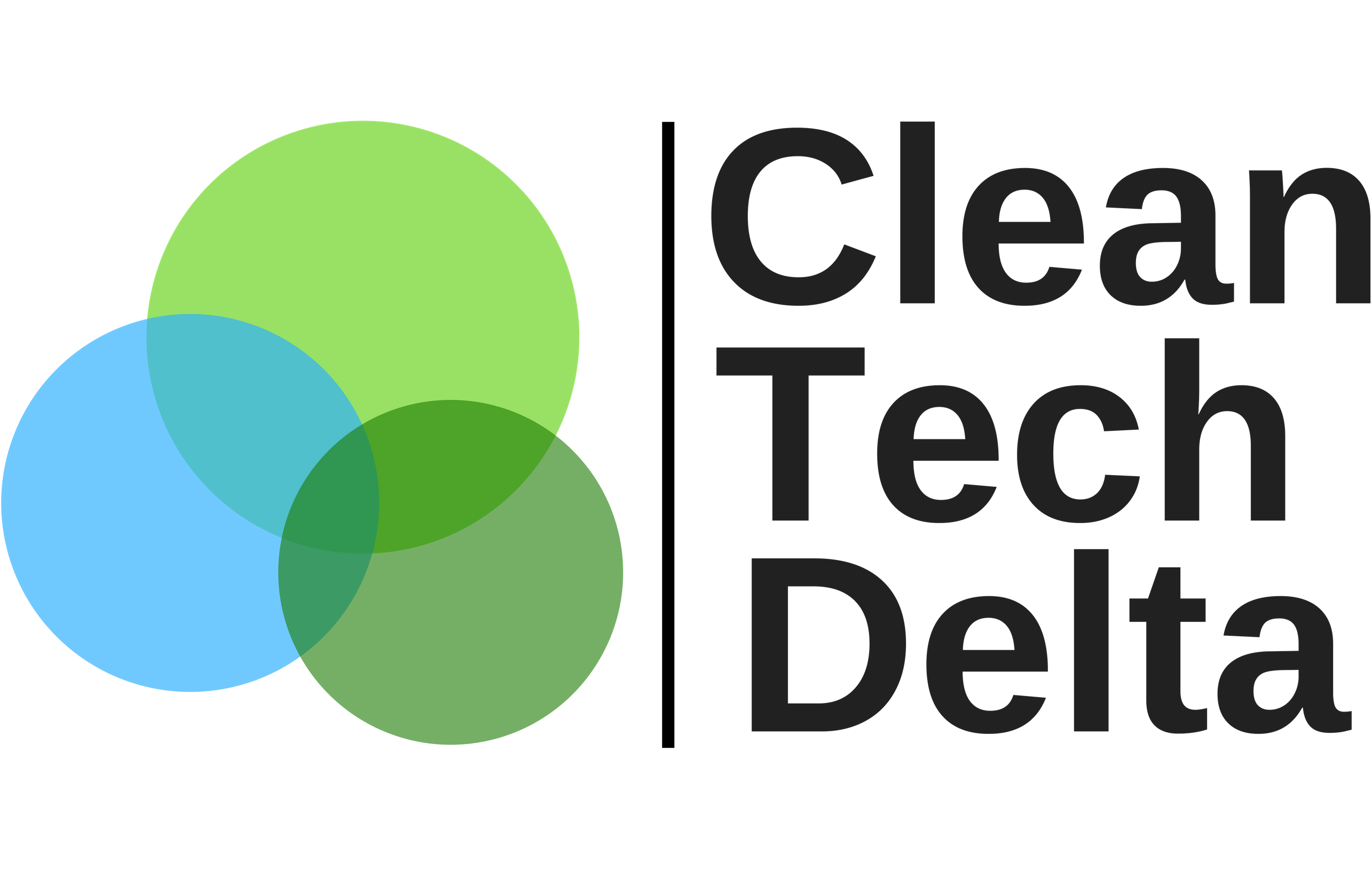C02 usage
Industrial clusters, geographic concentrations of interconnected companies, benefiting from shared infrastructure. For CO2 reuse, this creates a wider set of opportunities to connect elements along the carbon, capture, utilization, and storage (CCUS) value chain. One CO2 is captured it can be used in a non transformative way for instance for carbonated beverages, for oil related applications like EOR or in fire extinguishers. It can also be converted in various products: biologically via algae, or chemically to fuels or fertiliser or via mineralisation to carbonates. Other applications are among others medical gasses and dry ice pallets.
Standalone projects however, have been challenged to finance all related infrastructure cost. Infrastructure that serves numerous stakeholders enables opportunities to both establish smaller capture facilities where standalone CCUS is typically uneconomical, as well as encourage new CCUS activities within the industrial cluster. New CO2 utilization technologies beyond EOR that provide alternative long-term solutions are taking advantage of these clusters.
AlignCCUS illustrates how such a cluster would look like. Antwerp, Tees Valley in the UK and Shenzhen area China are developing CCUS clusters and in the case of the UK the original plan for a 1,3 Billion UKP CCUS fund has been slowed down but a 100M UKP commitment to CCUS innovation was reconfirmed.
A challenge is that in many countries carbon prices have remained too low to provide sufficient investment in CCUS. Even if carbon prices improve, the uncertainty in how they will fluctuate holds investment back. Risk sharing across private and public stakeholders could help to insulate against volatility. Through government support, the hope is that early CCUS infrastructure could act as a catalyst to encourage and accelerate interest and investment in CCUS from private industrial players.
While the specific business models that come into play across different clusters will vary depending on the characteristics of the cluster, there will be emerging opportunities for CO2 reuse technologies. Existing industrial clusters have the potential to benefit from increased revenue streams and also from the increased lifetime of existing assets. In additional to commercializing technologies, laws, policies, and regulations will need to be updated to truly accommodate to stable growth of the industry, and when they do, countries will be able to decouple economic growth from emissions.
Clean Tech Delta, supported by Port of Rotterdam and Smart Port, has developed a global landscape of CO2 conversion innovators and will partner with the CO2 smart grid initiative of the BLOC led consortium, InnovationQuarter / Road Map Next Economy, Delft university of Technology and other stakeholders to advance the CCUS cluster and innovation that could become not only part of the emissions solution, but also an important ingredient of the long term attractiveness of the industrial cluster.
